In the late eighteenth and nineteenth centuries, Catholicism was often presented in the U.S. not only as a threat to Protestantism but also as an enemy of democracy. Focusing on literary and cultural representations of Catholics as a political force, Elizabeth Fenton argues that the U.S. perception of religious freedom grew partly, and paradoxically, out of a sometimes virulent but often genteel anti-Catholicism. Depictions of Catholicism's imagined intolerance and cruelty allowed writers time and again to depict their nation as tolerant and free. As Religious Liberties shows, anti-Catholic sentiment particularly shaped U.S. conceptions of pluralism and its relationship to issues as diverse as religious privacy, territorial expansion, female citizenship, political representation, chattel slavery, and governmental partisanship.
Drawing on a wide range of materials--from the Federalist Papers to antebellum biographies of Toussaint Louverture; from nativist treatises to Margaret Fuller's journalism; from convent exposes to novels by Catharine Sedgwick, Augusta J. Evans, Nathanial Hawthorne, Harriet Beecher Stowe, Herman Melville, and Mark Twain--Fenton's study excavates the influence of anti-Catholic sentiment on both the liberal tradition and early U.S. culture more generally. In concert, these texts suggest how the prejudice against Catholicism facilitated an alignment of U.S. nationalism with Protestantism, thus ensuring the mutual dependence, rather than the putative "separation" of church and state.
Industry Reviews
"The author's thesis is that anti-Catholicism was one, if not the, defining factor in the development of American national identity from the Revolution to at least the end of the 19th century. She cites numerous authors of fiction and politics to illustrate her thesis, and she concludes that anti-Catholicism eventually revealed the limits and innate contradictions of American liberal democracy... [T]his book provides ample justification for her thesis and is a
pleasure to read." --The Heythrop Review
"Religious Liberties is an imaginative investigation of anti-Catholicism's centrality to American political culture. The reading of literary texts is especially illuminating, as is Fenton's sweep across the entire nineteenth century." --John T. McGreevy, University of Notre Dame
"In her study of how anti-Catholic rhetoric helped shape U.S. liberal democracy in its early years, Fenton explores the manifold paradoxes inherent in Protestant denunciations of the 'tyrannical' Catholic even as the emerging republic viewed itself as capable of absorbing all differences into an ideal of national unity. Clearly argued and engagingly written, Fenton's study provides a much-needed resource on this surprisingly neglected area so important to the
formation of American culture." --Mary R. Reichardt, University of St. Thomas
"Religious Liberties is beautifully conceived and tightly wrought. In three shrewdly organized sections, Fenton establishes the centrality of anti-Catholicism to liberalism as a political practice, and traces the historical arc of their interwoven careers from the American Revolution to just before the Spanish-American War. This book will open up important new areas of scholarly conversation across a number of fields." --Tracy Fessenden, Arizona
State University
"Through this illuminating study of nineteenth-century anti-Catholicism, Fenton thus ironically establishes the centrality of Catholicism to the development of key ideas about religion and freedom that form the patchwork of the nation."--American Catholic Studies
"Fenton has offered a much-needed study of anti-Catholicism in particular and the limits of representative democracy in general. Religious tolerance is central to America's national identity, but, as Fenton has shown, such a commitment has required intolerance. This
bespeaks a sobering but important question. Can humans create truly tolerant societies?"--The Catholic Historical Review






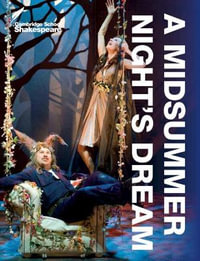


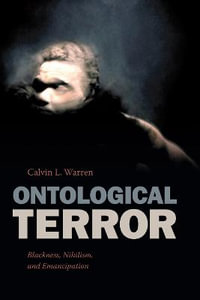

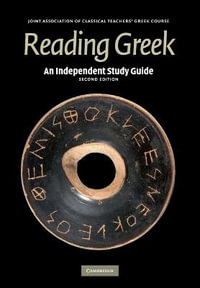

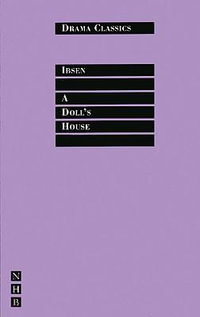





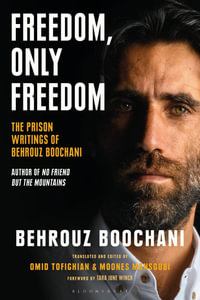
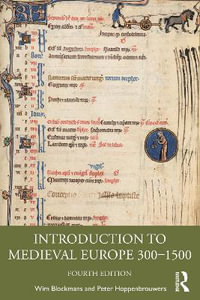
![Lancelot-Grail [10 Volume Set] : The Old French Arthurian Vulgate and Post-Vulgate in Translation - Norris J. Lacy](https://www.booktopia.com.au/covers/200/9780859917704/6132/lancelot-grail-10-volume-set-.jpg)


